An acid is a substance with a PH of less than 7.
The pH scale measures how acidic or alkaline a substance is. A neutral substance such as pure water has a pH of 7!
Acids form H+ ions in water. The higher the concentration of H+ ions, the more acidic the solution is.
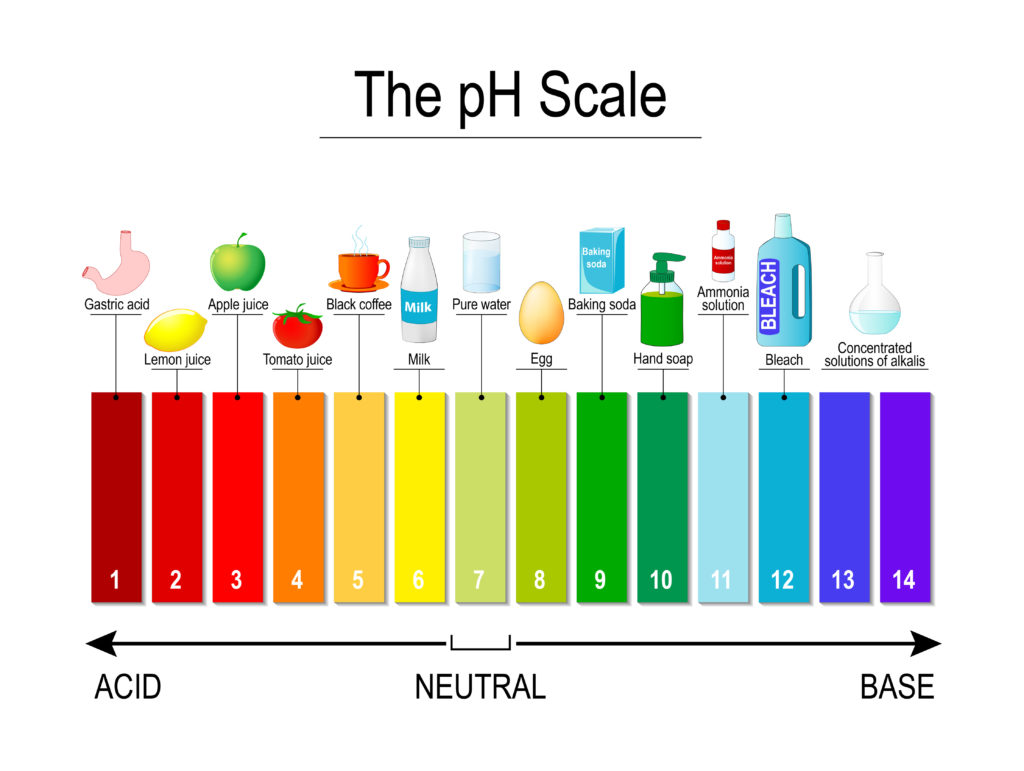
Examples of acids
Citric acid - found in citrus fruits
Phosphoric acid - found in fizzy drinks
Ascorbic acid - vitamin C
Strong acids are hydrochloric acid, sulphuric acid
Strong acids are very dangerous; always read the warning labels.
Facts about acids
If you breathe down a straw into red cabbage indicator it will turn red as carbon dioxide is slightly acidic!
Acidic foods taste sour.
Acidic liquids conduct electricity. You can investigate this with a lemon battery.
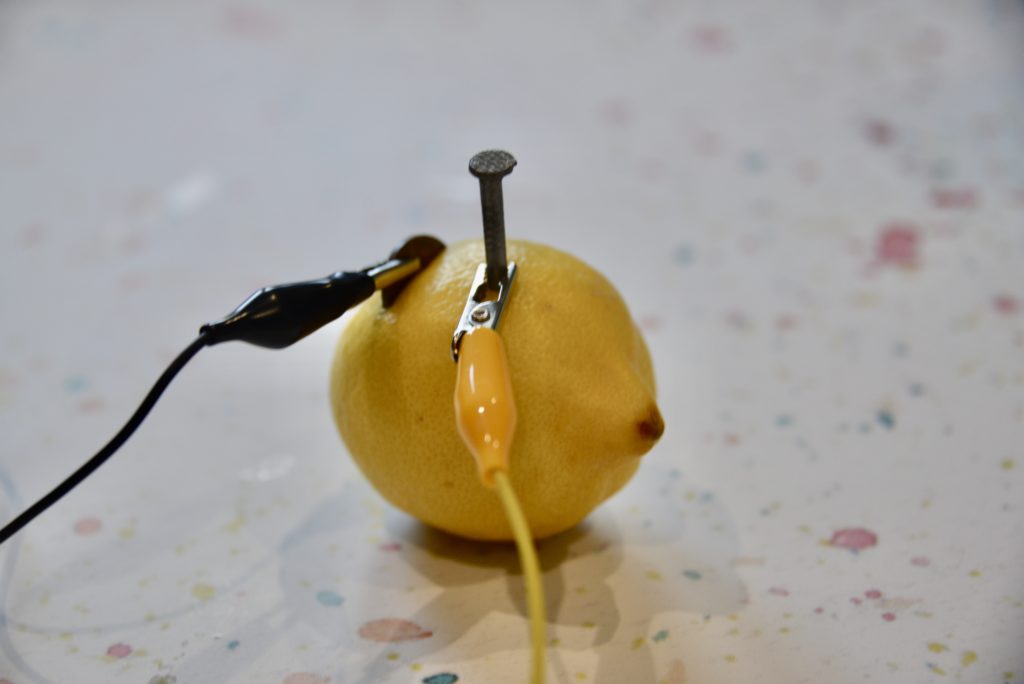
Orange juice has a pH of 4.
Milk has a pH of 6.
Stomach acid ( gastric juice ) contains small amounts of hydrochloric acid to help digest food and destroy harmful microorganisms. It has a pH of around 2, which means it is very acidic! The lining of the stomach is specially adapted so the acid doesn't damage it.
Do you know you can test for acids using red cabbage indicator? This is a great home, school or science club investigation.
Learn about the structure of acids on ThoughtCo.
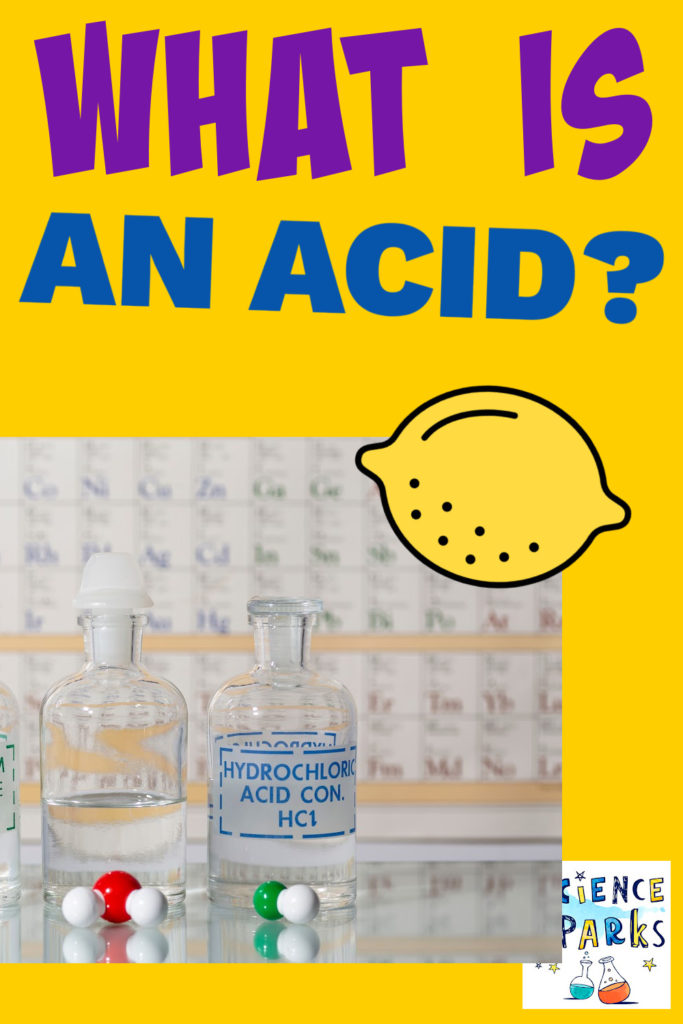
Last Updated on September 26, 2023 by Emma Vanstone
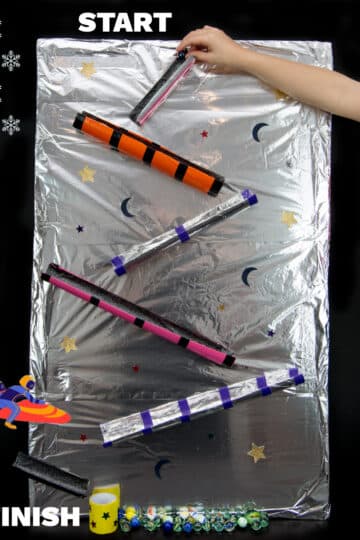
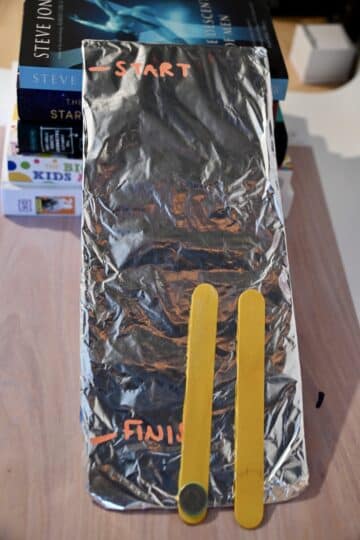

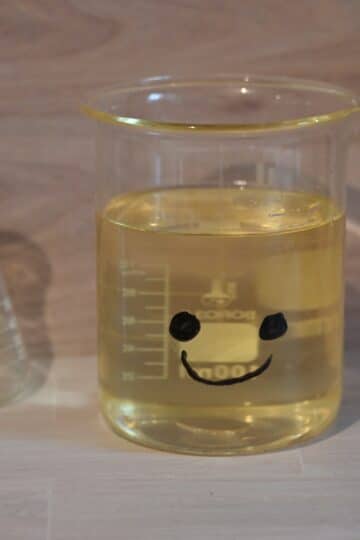
Leave a Reply